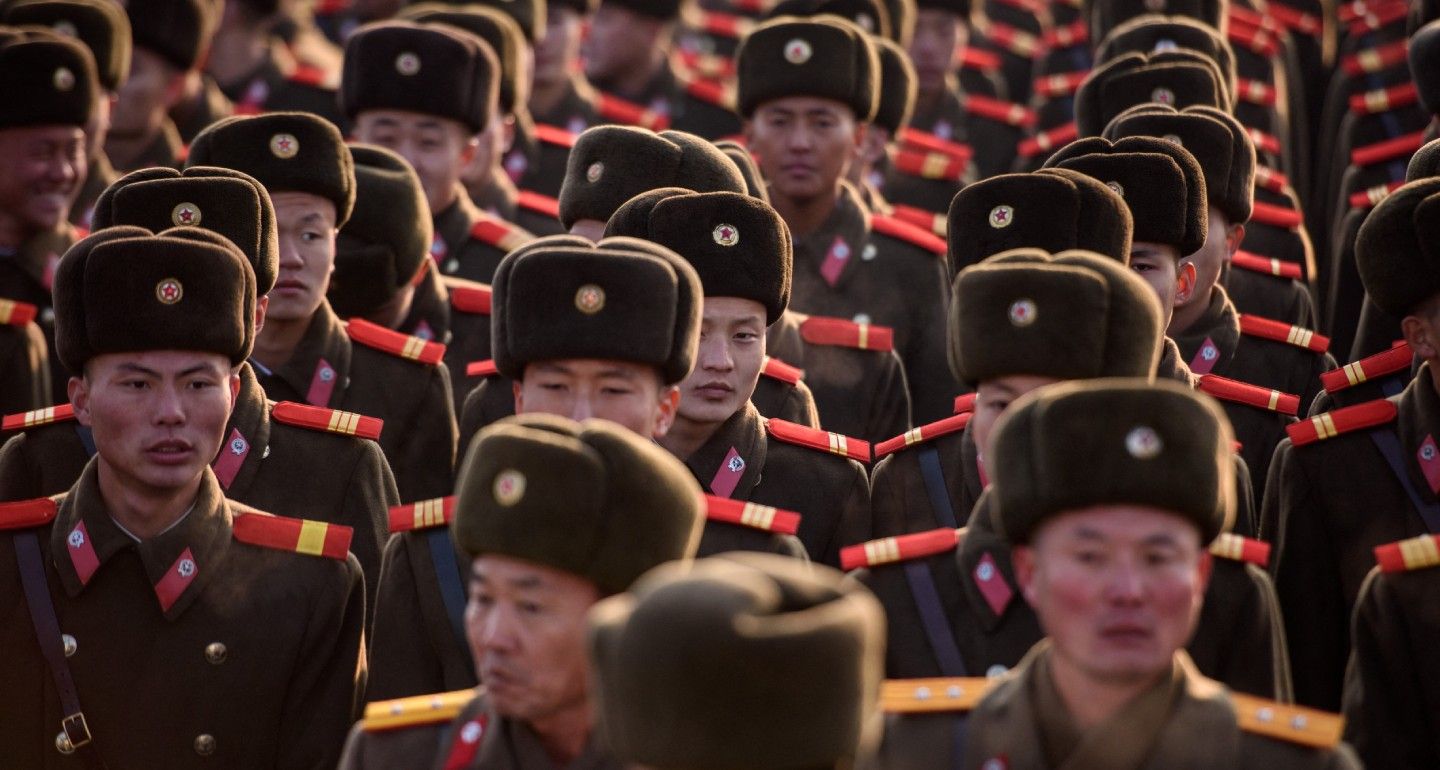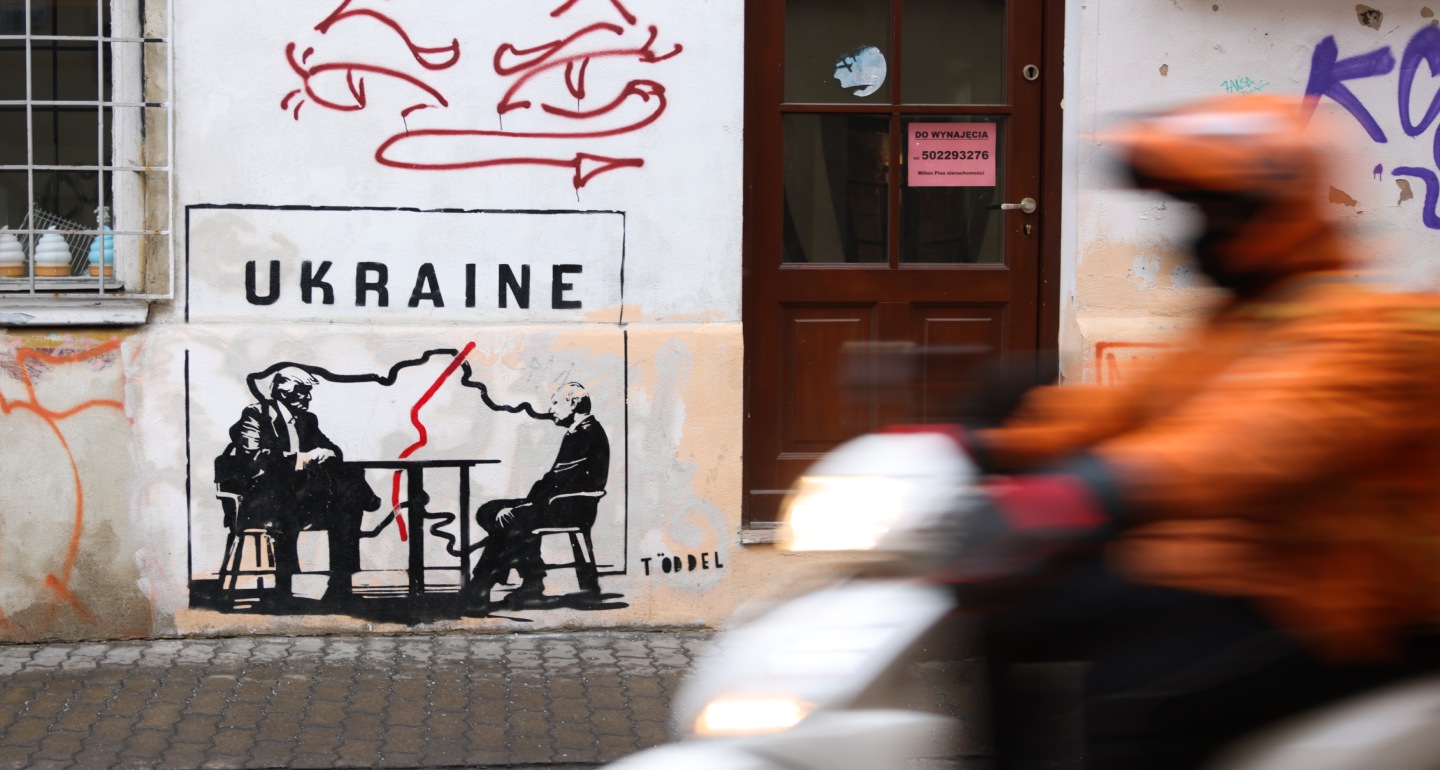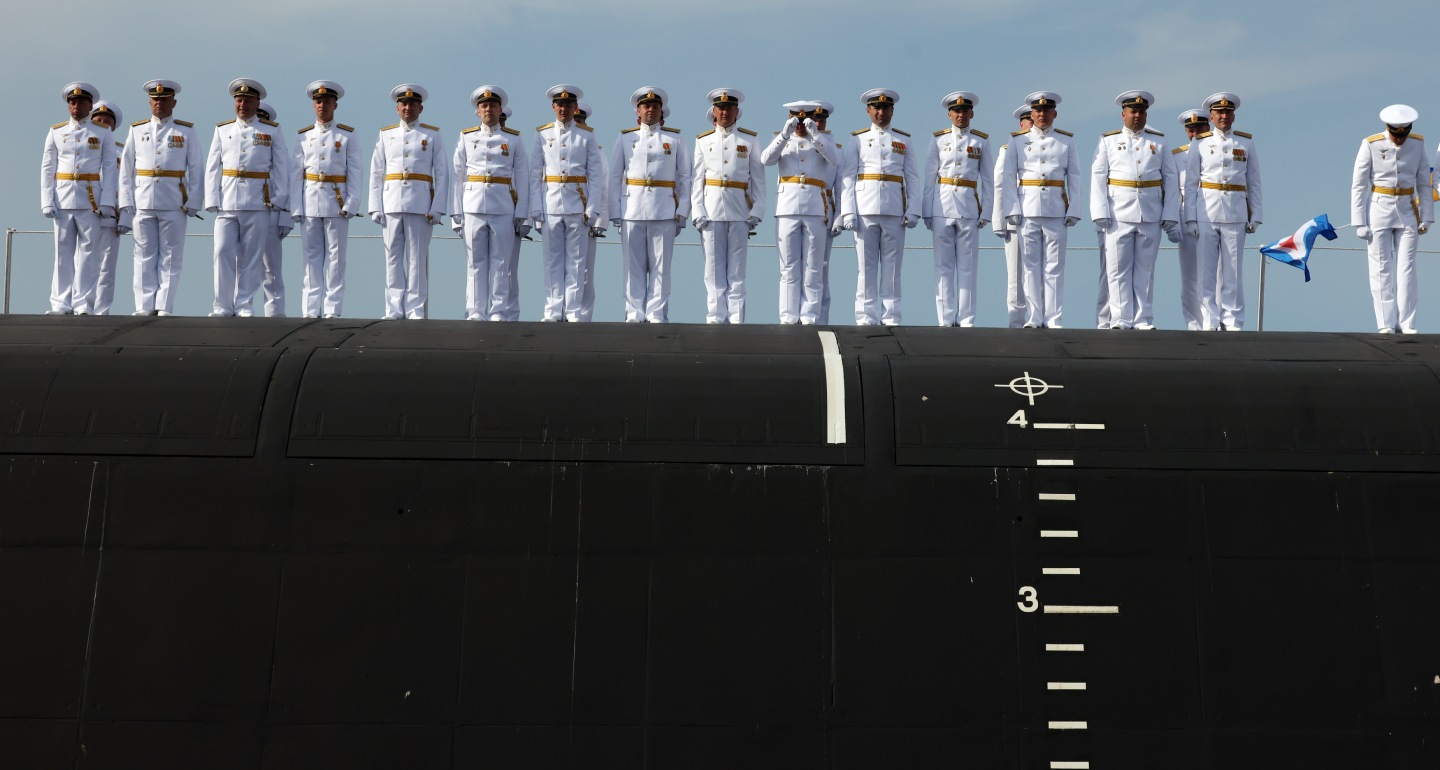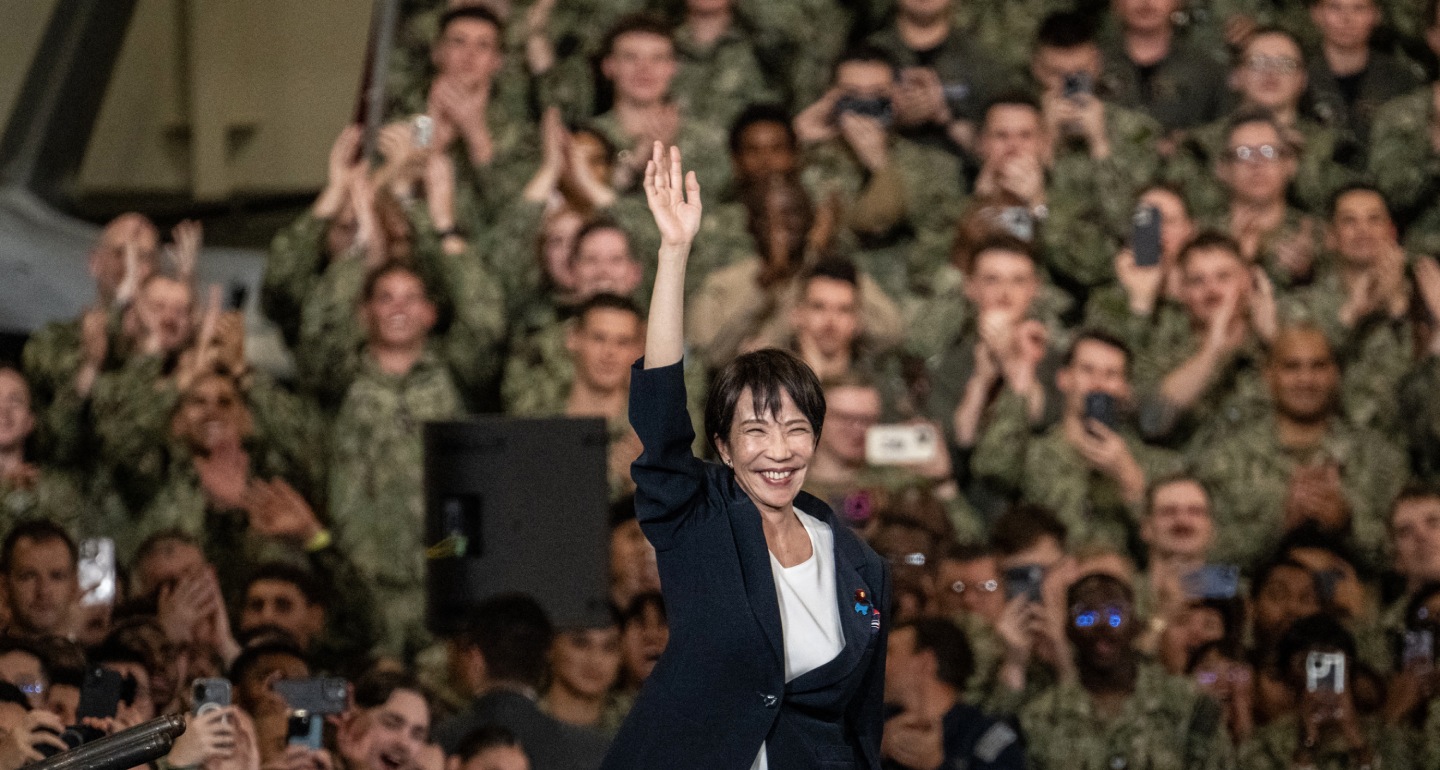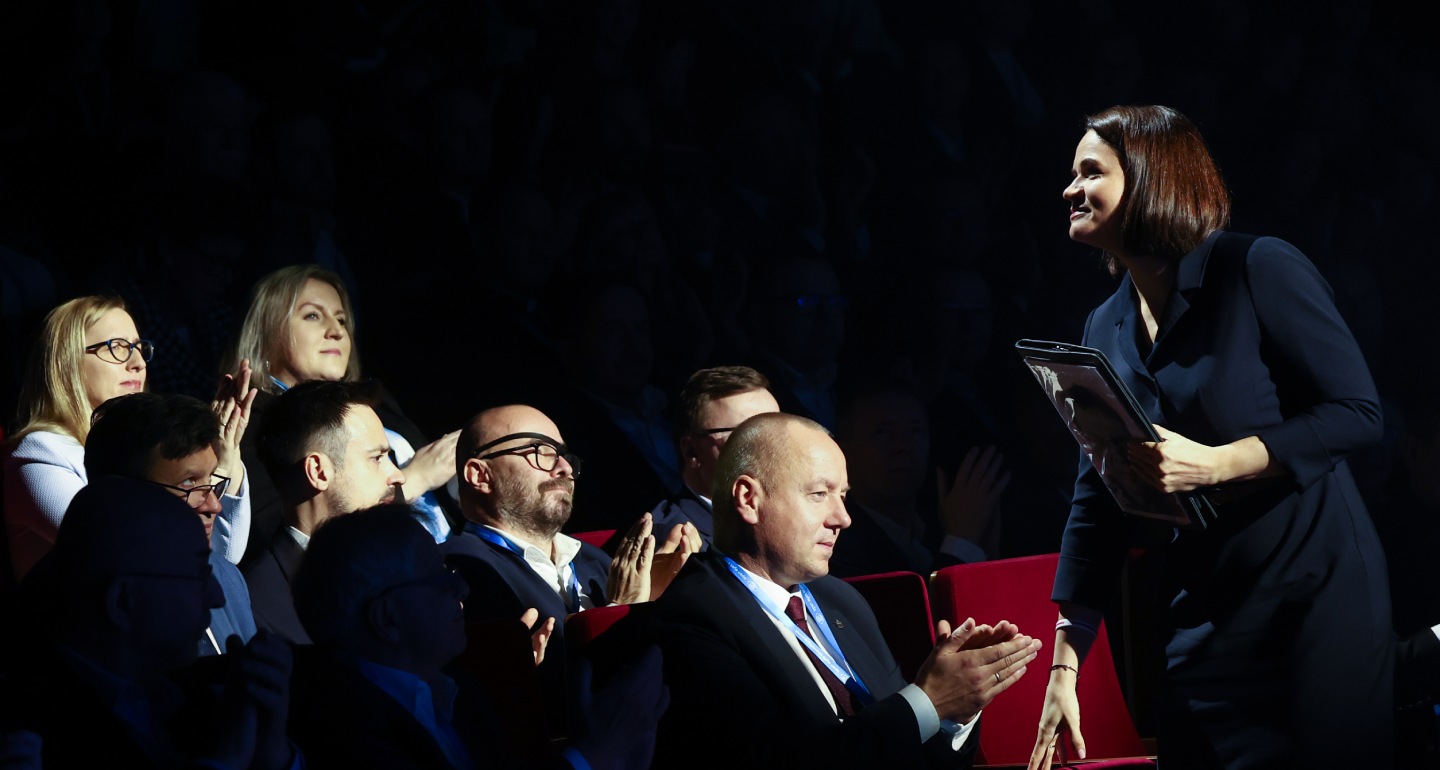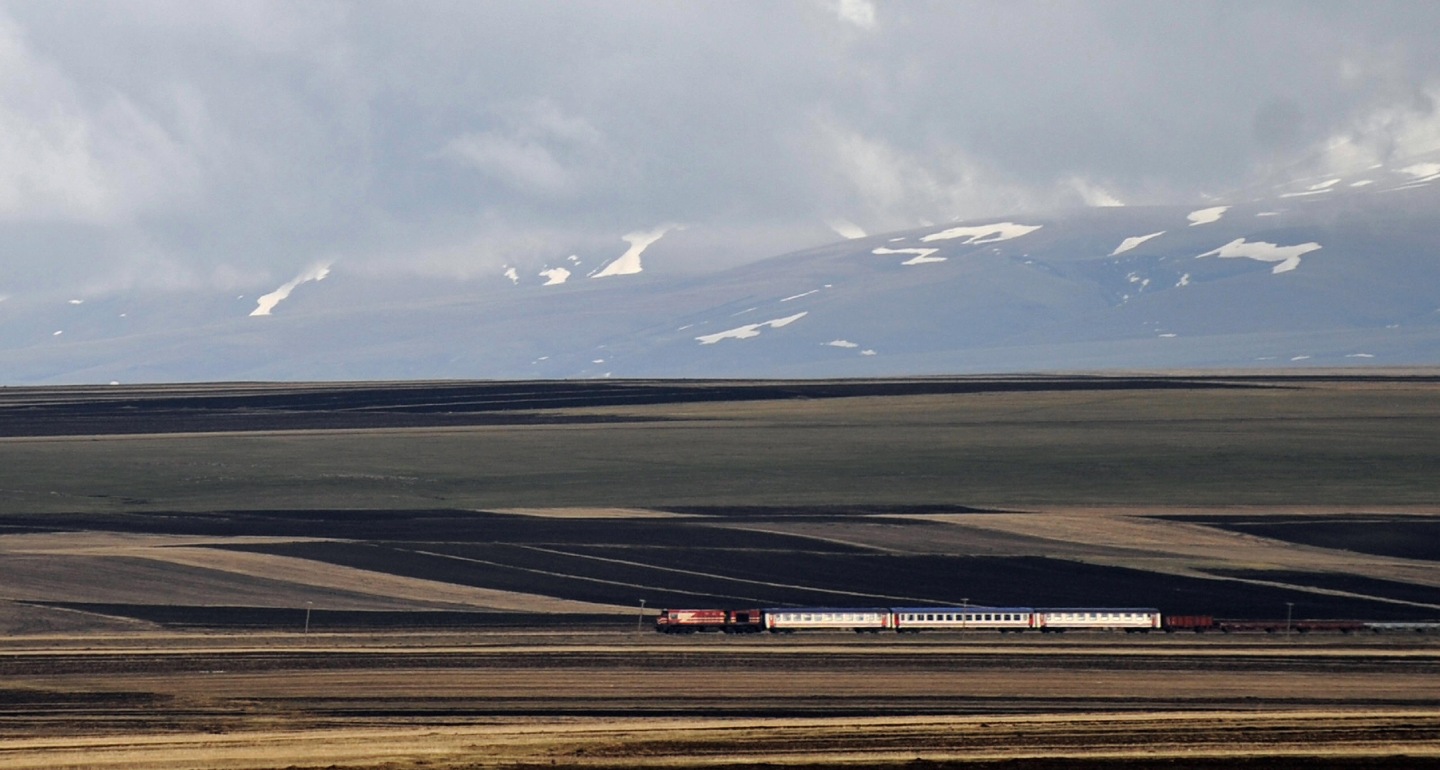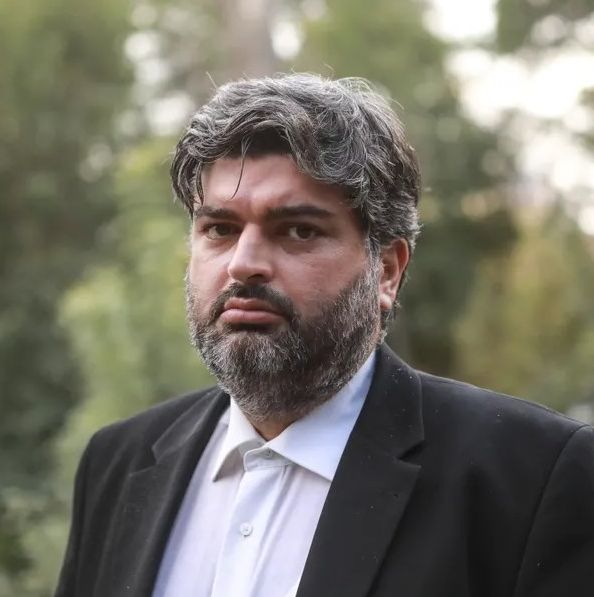The involvement of North Korean troops fighting on Russia’s side in the war in Ukraine is unprecedented. Never before has North Korea launched a foreign military intervention, and such a momentous decision cannot fail to have serious consequences.
There is a simple reason why North Korea has never before sent military units abroad: the regime is worried that soldiers from the isolated country might pick up “incorrect” ideas. They might, for example, start wondering why neighboring countries are far wealthier than North Korea, why nobody is obliged to serve for seven or eight years in the military like in North Korea, or why goods considered luxuries in North Korea are freely available. Pyongyang fears that upon returning home, soldiers could decide that their true patriotic duty is armed insurrection.
This sort of a scenario is not a paranoid fantasy. In 1992, North Korea only just managed to head off a military coup organized by a group of officers who had studied in Moscow during perestroika.
So why has North Korean leader Kim Jong Un decided to risk sending military units to Russia now? Despite the similarity of the anti-Western rhetoric peddled by Moscow and Pyongyang, the answer is unlikely to be ideology. A cult of personality notwithstanding, there is little in the way of ideology in North Korea—and Kim Jong Un has always pursued a pragmatic foreign policy.
There are likely to be few short-term benefits for Pyongyang from sending troops. North Korea had already started receiving much-needed food, oil, and money from Russia as payment for supplies of ammunition. Of course, North Korea would like help developing nuclear weapons and aviation technology know-how (we know this because of the large number of North Korean delegations that visit Russian aviation institutes). For the moment, though, Moscow appears in no hurry to provide either of these capabilities.
Instead, Kim Jong Un seems to see lending troops to Russia as a long-term investment. Ever since the Soviet Union stopped providing economic assistance in 1990, Pyongyang has sought to turn back the clock to the “good old days” of the Cold War, when it could count on a significant inflow of Soviet resources. Until now, North Korea has been unable to achieve this goal—but with troops now apparently deployed in Ukraine, it looks closer than ever.
Pyongyang is cultivating closer relations with Moscow in the hope that the alliance between the two countries will endure even when the Kremlin no longer needs its help in Ukraine. North Korea is strengthening ties with Russia in a whole range of different areas, from trade, tourism, and exchanges (including of schoolchildren) to sending soldiers and workers to Russia.
According to South Korean intelligence agencies, the units North Korea has dispatched to Russia are special forces that are better trained and supplied than ordinary infantry. On paper, they will be useful in offensive operations as Russia pushes forward in Ukraine. However, they are likely to face a number of issues.
One of the problems for North Korean forces will be that their command structure is designed not for effectiveness, but to prevent a military coup. Their complicated chain of command emerged from a system in which political commissars signed off on every military decision. Even today, a commander can only issue everyday orders. Important orders also need to be approved by political commissars and a representative of the military police. Promotions require as many as five signatures.
It’s an open question whether this cumbersome system will be modified for the purposes of the war in Ukraine. Either way, such a change would be impossible without the personal agreement of Kim Jong Un.
North Korean troops deployed against battle-hardened Ukrainian forces will also likely struggle from a lack of experience. It’s unclear, for example, whether they have been trained to fight against drones. And there will be a language barrier: the North Korean army has few Russian-speaking officers, and the Russian army has even fewer Korean-speaking officers.
Beyond the battlefield, it’s possible that the blossoming Russia-North Korea relationship could be stymied by South Korea or China. For the moment, Beijing is not bothered: North Korean troops will help Russia avoid defeat, and Kremlin support means China may be able to reduce the economic aid it gives to Pyongyang. But there are limits. China will not want to see Russia supplying North Korea with nuclear and missile technologies that could lead to regional escalation.
South Korea’s reaction could be more serious. Above all, Seoul is concerned that cooperation between Moscow and Pyongyang might end up with North Korea getting Russian military technology that could ultimately be used against South Korea.
At the same time, Seoul seems to sense an opportunity to acquire intelligence on its longstanding foe: something that has been in short supply since North Korea closed its borders during the pandemic, causing the number of refugees (the main source of information about the North for South Korea) to plummet. If North Korean soldiers are now fighting on the Ukrainian front, some of them will inevitably be captured. Kyiv will likely be glad to provide Seoul with access to those prisoners—in exchange for information on the North Korean army.
There are some indications that South Korean-Ukrainian cooperation has already begun. For example, Ukraine’s representative to the United Nations, Sergiy Kyslytsya, recently listed three North Korean generals reportedly deployed to the front—and mangled one of the names. The most likely explanation for such a slip-up is that the information came from South Korea, and there was a transliteration error.
South Korea’s anxiety is understandable. The North Korean regime is becoming more unpredictable and less stable. Military intervention abroad is not the only taboo that Kim Jong Un has broken in recent years. In 2021, he named himself general secretary, effectively stripping his late father of the title of “eternal general secretary.” And at the start of 2024, he ditched the idea of peaceful unification with the South, which had been the cornerstone of North Korean ideology.
For the moment, it doesn’t look as if the rush to break with established traditions will lead to the collapse of the regime in Pyongyang. But it’s important to remember that a dictator—like a sapper clearing mines—can only make one mistake.

